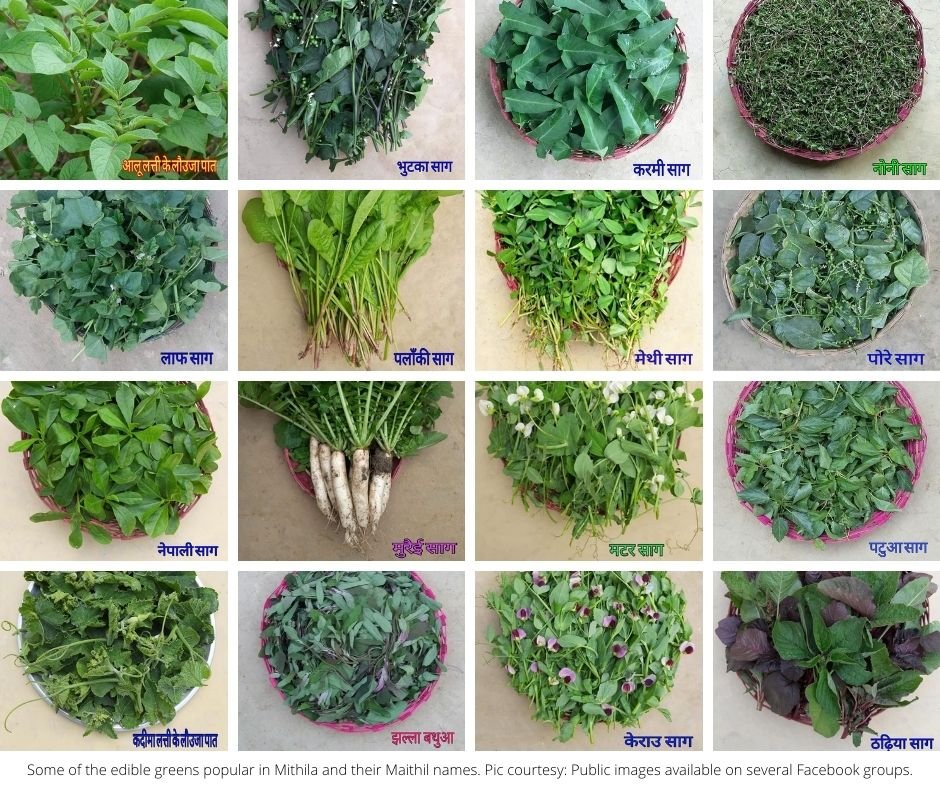When Anjali was interviewed as a potential Aripana Education Fellow, what struck us was not just her commendable performance in the Common Law Admission Test (CLAT) in which she excelled with very little guidance and on the basis of largely self driven efforts, but also her intuitive understanding of what good education means and the roles libraries play in holistic education. Now that is rare for someone so young, especially when they have been part of conventional schooling and observed only conventional libraries.
It was remarkable, the way Anjali imagined libraries – accessible books that are not under lock & key, warm and colorful spaces where children feel welcome and confident to explore and most importantly, libraries as spaces meant for much more than reading books. We were left with no doubt that Anjali will be an asset not only for the Aripana Library Program, but also for the organization.
 Born in Samastipur, Anjali has grown up in Darbhanga, making her well familiar with the pulse of this city and its youth. This, along with her outgoing, expressive and assertive nature has ensured her significant contribution in the successful execution of several events and programs at Aripana.
Born in Samastipur, Anjali has grown up in Darbhanga, making her well familiar with the pulse of this city and its youth. This, along with her outgoing, expressive and assertive nature has ensured her significant contribution in the successful execution of several events and programs at Aripana.
Topmost in her wish list, is the desire to do something meaningful while remaining open mind and experimental – an attitude that pushed her to respond to the Foundation’s call for the Fellowship in 2021. We asked Anjali about what motivated her to apply for this Fellowship and how her experience as an Aripana Education Fellow has been.
“I am someone who enjoys making plans, but I have to act upon my ideas at the same time. I cannot keep planning or thinking about potential decision(s) and my sense of satisfaction comes from taking the plunge and acting upon my ideas. I did not, at first, look at the Fellowship as something that will help me in the future or in my higher studies or in the career of my choice, although I know it will if I do it well. When I read about the Fellowship, I was sure I will get to learn a lot from this experience in the present, in the here and now and that is what attracted me to it. I believe no learning goes to waste and now that I am part of the Fellowship, I can say it is an immensely helpful experience, and learning of a lifetime.
Aripana Education Fellowship has a place for youth of all academic streams, be it science, humanities or those enrolled in technical courses. I am a student of Science, interested in Law, and I find that I fit into the organization quite well. When I first met with Aripana’s Program Officer for an open house session around the Fellowship I got to know how I will be engaging with children of under resourced government schools and other stakeholders of the education system. Education is a fundamental right and it is important for us all to recognize it as that and work towards its fulfillment. I eventually do want to do something in Law but even as I work to provide children access to quality education, I know I am helping fulfill one of their basic rights. At Aripana, I would also like to engage with the youth about fundamental rights and responsibilities.
As part of Aripana Education Fellowship I have been part of
- Helpful trainings that have improved my knowledge of library and library education, environment education etc.
- Leading initiatives where I was responsible for the smooth running of online Social Studies classes for std. 7th and 8th students of government schools of Laheria Sarai, Darbhanga, during the lockdown caused by the Covid pandemic. It involved coordinating with the social studies teacher, creating presentations, curating relevant audio-video materials, contacting students and their guardians encouraging them to attend classes etc.
- Teaching, managing a learning center, collaborating with stakeholders, being part of school life in government schools.
This precious opportunity allows me to pursue my other academic goals, in fact, it helps me achieve my other goals by giving me practical knowledge and exposure with which I understand the world better.
If you are 20 years and above, this is the time to join a Fellowship like this. It is a chance to do something for society and ultimately towards making a better society. One gets a lot of textbook knowledge while studying but this experience teaches us to be responsible and skilled professionals with well rounded information about the world.
I am proud to be part of Aripana Foundation, its flexible and humane environment, where everyone gets the space to talk, table their views and take up tasks in which they find meaning.”
Anjali is currently playing a key role in managing Aripana Foundation’s Learning Center & Library along with the environment education program.
Thank you Anjali for being a part of the Foundation and helping it work towards its goals.
To know more about the Fellowship do write to fellowship@aripanafoundation.org



